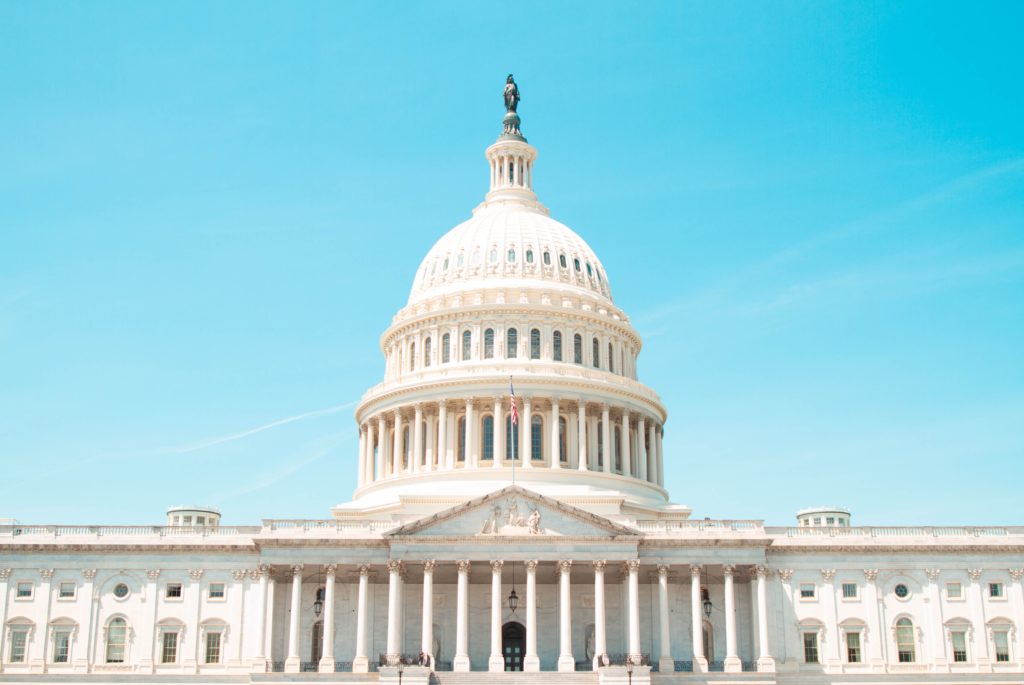New analysis by the Institute on Taxation and Economic Policy found provisions in a bill recently approved by the House Ways and Means Committee would improve tax fairness, boost incomes for a third of households in Maine, and increase taxes on the richest 1.1 percent of Maine households. Critically, revenues raised by the proposal are necessary to support Build Back Better investments in child care, home care, and infrastructure. Any efforts to curtail the revenue raising provisions would hamstring Congress’ ability to invest in a robust and fair recovery for families, workers, and communities.
The Ways and Means Committee proposal contains both tax increases and tax cuts. The bill would:
- Increase individual income taxes on high income households; increase the corporate rate and crack down on corporate users of tax havens; and increase tobacco and nicotine taxes which combined would raise $2 trillion over the coming decade.
- Cut taxes for households with low and middle income; and extend the temporary improvements to the Earned Income Tax Credit and Child Tax Credit passed in the American Rescue Act which are improving economic security and significantly reducing child poverty and hunger for millions of households.
Taken together the proposals result in a rebalancing of the tax code that increases taxes on the fraction of households with the highest income and, on average, lowers taxes and boosts incomes for households with low and middle income. The fifth of Maine households with the lowest incomes — making less than $24,700 in 2022 — would see an income boost of 8.5 percent, or $1,130 on average. The top 1 percent of Maine households— making more than $560,400 in 2022 — would have a tax increase equal to 2.8 percent of their income, or $34,220.
On net, the proposal would reduce federal taxes in Maine by $70 million in tax year 2022, while financing massive investments in care for children and adults with disabilities, quality jobs, and state infrastructure.
The House Ways and Means proposal puts forward a progressive tax package that raises substantial revenues to fund priorities for the recovery and beyond. As Congress continues to consider the plan before them, any changes to the tax side of the ledger should strengthen the ability to close loopholes and raise revenue. Now is the time for bold action — not regressive policies that jeopardize our ability to adequately invest in families, jobs, and communities.




